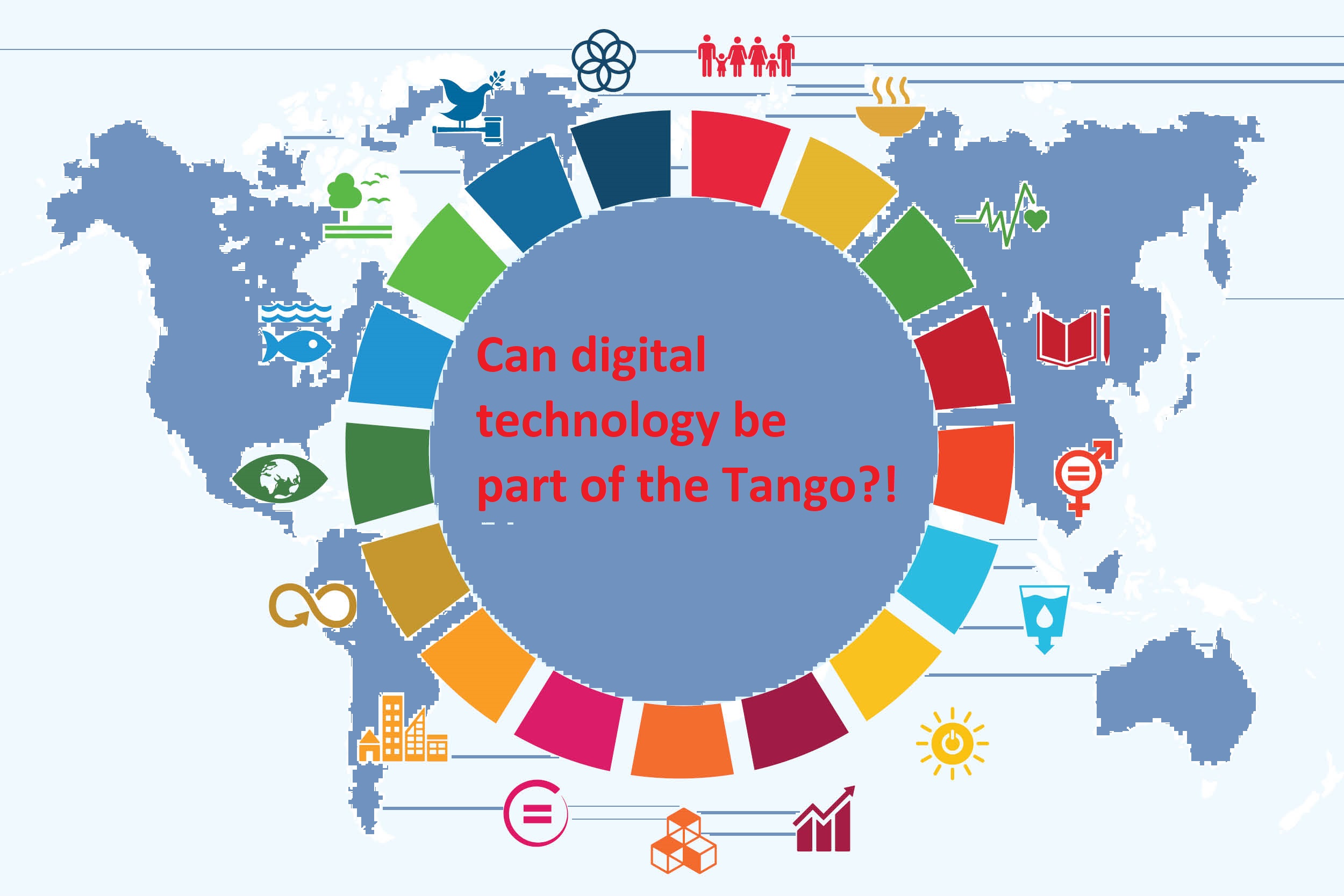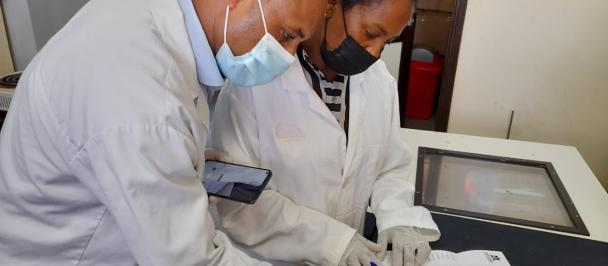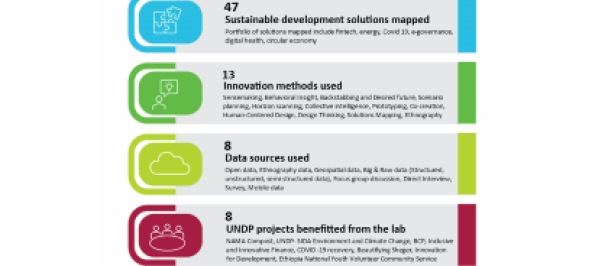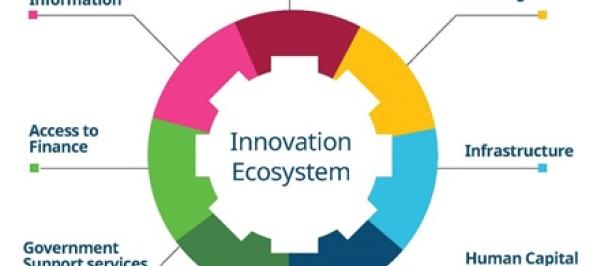By James Wakiaga, Economic Adviser, Policy Advisory Unit, UNDP Ethiopia
Developing countries like Ethiopia must aggressively invest in digital technology to narrow the digital divide with developed countries but also harness the transformative economic benefits associated with the data revolution. This could be one the most viable pathway for national statistical systems to respond to the demands of Agenda 2030!
We ought, in the same breath, recognize and address the limitations faced by statistical agencies in the continent to be able to exploit the capabilities offered by digital technology in monitoring and tracking the SDGs. Given the universality and integrated nature of the Agenda 2030, by itself will necessitate a broader and “out of the box” approach to tracking progress that not only measures the three dimensions of sustainable development but also factoring the dynamism of new digital economy, cloud computing, open data initiatives, internet of things, Big Data, Data Analytics, as well as, emerging areas such as Nano Science. The application of the digital technology could cause a positive disruption in the social and economic front by expanding access, lowering cost and easing the decision-making process. At the same time countries must be alert and guard against the negative disruptions that come with digital technology. Example of countries that are reaping the dividend of digital technology to avance the data analytics and SDGs include the Ghana experience on the use of block chain technology and has teamed up with IBM to apply the technology in the land administration. Kenya has recently established an ICT taskforce to explore on the application of Artificial Intelligence to transform the economy.
Today a lot of data is generated and disseminated through new technologies in real time. The Internet of Things, Open Data source, Big Data, Digital Economy and the use of Geospatial technology have revolutionized how we collect and collate data and statistics. And yet what should concern both policymakers and practitioners, especially in developing countries such as Ethiopia, is the whole question of closing the information asymmetry through bridging the digital divide. This partially explains the zeal and commitment on the part of developing countries during the Financing for Development (FfD) Summit in Addis Ababa in pushing for additional investments to “bridge the global infrastructure gap, including the $1 trillion to $1.5 trillion annual gap in developing countries,” in order to facilitate a sustainable, accessible and resilient quality infrastructure in developing countries like Ethiopia.
Ethiopia for instance possess an immense potential and opportunity to tap on the data revolution to implement the 2030 Agenda. The investments in digital technology in the country could be harnessed to benefit the data ecosystem with the right policy framework in place. According to the [1]2016 Africa Data Revolution Report, which UNDP co-authored, it posits that enormous investment in data technologies platforms and tools would be needed if Africa ( and here read Ethiopia) has to benefit from the transformative impact of the data revolution.. Take for example Big Data and the innovative potential it has in the arena of medicine and smart cities but also in creating efficiencies in data management. In fact, the Global Working Group on Big Data for Official Statistics in their report to the Statistical Commission submitted on how Big Data could “support the monitoring of the Post-2015 development goals by improving timeliness and relevance of indicators without compromising their impartiality and methodological soundness”. The open data communities- in reference to communities of actors engaged with open data initiative- on the other hand could enhance transparency and accountability as well as creating business value. According to McKinsey, in its influential report –“Open data: Unlocking innovation and performance with liquid information” ( Manyika et al ) argues that in addition to helping to create $3 trillion a year of value across several thematic areas of global economy , open data potential to empower citizens, change how government works, and improve the delivery of public services. Ethiopia could join countries like Kenya and Morocco by launching a national open data initiative and reap the socio-economic and governance benefits associated with open data.
Id discussing the data revolution it is impossible not to touch on the dynamism of mobile phone technology in transforming the way of life in Africa. As of 2015, Africa had over 900 million mobile subscribers across rural and urban areas. The digital technology applications on mobile phones have the potential to drive the attainment of all the 17 SDGs. The digital platforms on phones have also been effective in promoting financial inclusion. As of 2013, about 43 percent of Kenya’s GDP flowed through M-Pesa, with over 237 million person-to-person transactions but even more significant “the percentage of people living on less than $1.25 a day who use M-Pesa rose from less than 20 percent in 2008 to 72 percent by 2011” ( Forbes). The introduction of the M-Birr in Ethiopia is likely to have a similar impact on financial inclusion as well as promoting access to credit to Low Small and Medium Enterprises (LSMEs). But even more fundamental is the application of mobile technology and innovation to drive smart Agriculture, on health initiatives that reach far remote areas and to support education. For example, RapidSMS- a platform for data-gathering and group communication using the short messaging service (SMS) in Rwanda has been effective in transmitting data on maternal and child health amongst community workers in the field. Here in Ethiopia, a mobile phone hotline developed by Agricultural Transformation Agency (ATA) has been able to connect more than three million farmers in the regions of Amhara, Oromia, Tigray and the Southern Nations, Nationalities, and Peoples’ Region (SNNPR) with Ministry of Agriculture and research institutes providing extension services.

 Locations
Locations




